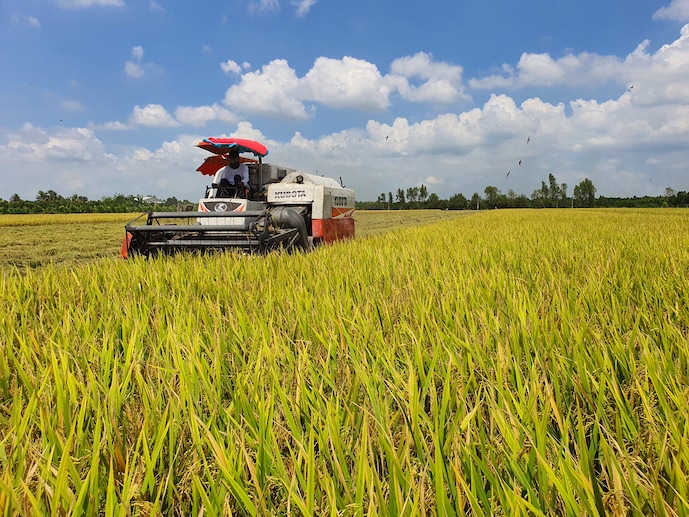This research examines the livelihood strategies of both Kinh and Khmer households in the Mekong Delta since the introduction of Doi Moi (reform) policy in 1986. The study focuses on the impacts of land policy changes, the shift towards a market economy, labor market development, urbanization, industrialization, and rural agricultural growth, all within the framework of Vietnamís neoliberal open market policy. The findings reveal that both Kinh and Khmer landowning and poor, landless households have adopted a mix of similar and different livelihood diversification strategies. These strategies depend on their access to five forms of household capital and external factors influencing the transition process. The research highlights that household livelihoods have shifted from predominantly on-farm jobs to off-farm and non-farming employment. However, land ownership continues to play a vital role in household livelihoods, and local production is now more integrated into the global market. The study also shows that the transformation in land ownership, agricultural production, local labor demand, and household livelihoods is specific to the Kinh and Khmer communities studied. Therefore, the findings may differ from other research done in different contexts. One key finding is that land reform resulted in landownership becoming fragmented, leading to increased polarization among […]
Agrarian transformation in the Mekong Delta
By Nguyen Quang Tuyen (*)









